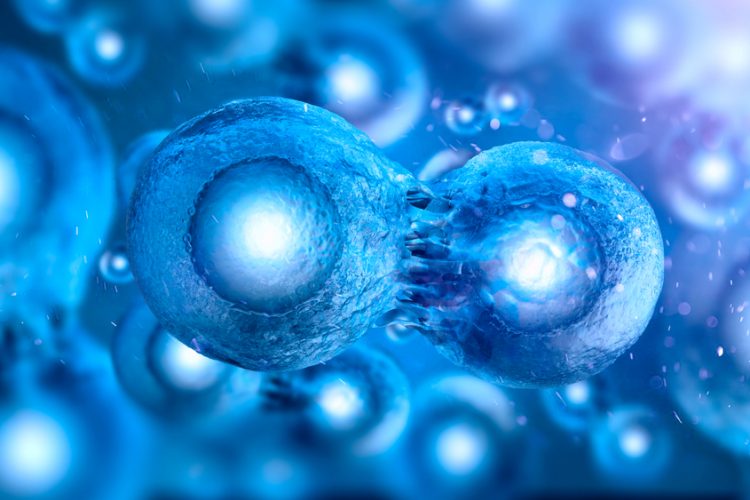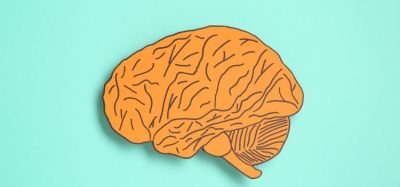Graft engineering sees potential to reduce GVHD risk in leukemia patients
Posted: 11 January 2022 | European Pharmaceutical Review | No comments yet
New study shows risk of developing graft-versus-host disease (GVHD) in leukaemia patients reduced by removing naïve T cells from donor blood used for stem cell grafts.


According to a new study, only seven percent of leukaemia patients who received stem cell transplants depleted of naïve T cells developed chronic graft-versus-host disease (GVHD), compared to the 30 to 60 percent rate with standard of care treatment. About 70 percent of these patients developed the acute form of GVHD, but disease was typically mild and responsive to first-line corticosteroid agents.
“It is quite remarkable that we were able to reduce chronic GVHD so dramatically with this graft engineering strategy,” stated senior author Dr Warren Shlomchik, director of the Hematopoietic Stem Cell Transplant and Cell Therapy programme at UPMC Hillman Cancer Center, and professor of medicine and immunology at the University of Pittsburgh School of Medicine, US. “It is also striking that we saw almost no steroid-refractory acute GVHD in our patients.”
For patients with leukaemia and other blood diseases, transplantation of haematopoietic stem cells – progenitor cells that can turn into any type of blood cell – from a healthy donor can rebuild the body’s blood manufacturing system. But, this life-saving treatment also comes with risks. Stem cell grafts, which are collected from either the bone marrow or circulating blood, contain T cells that can cause GVHD by attacking host tissues.
Acute GVHD typically occurs within 100 days after transplantation and tends to affect the skin, liver and gastrointestinal tract. Most patients respond to corticosteroid drugs, but a substantial fraction require additional immunosuppression. Chronic GVHD usually develops later than the acute form and can affect many organs. This persistent version of the disease can be more difficult to treat, often requiring prolonged immunosuppression and reducing patient quality of life or causing death.
Removing all T cells from a graft prior to transplantation can reduce GVHD, but this approach is a double-edged sword. Previous studies found that patients were at higher risk of leukaemia relapse or death because T cells also are important for killing cancer cells and fighting infections.
Dr Shlomchik and colleagues’ new strategy reduces these negative side effects by depleting grafts of inexperienced, naïve T cells but retaining memory T cells, which protect against previously encountered pathogens.
“We are trying to find the balance between leaving all T cells in and risking GVHD and removing all T cells and making patients vulnerable to infections and cancer relapse,” asserted first author Dr Marie Bleakley, associate professor of pediatrics at University of Washington School of Medicine and Fred Hutchinson Cancer Research Center, US.
Led by Bleakley, the team recruited 138 leukaemia patients, including both adults and children, across three Phase II clinical trials. They collected circulating blood from healthy donors who were immunologically matched to each patient and used a reagent to remove naïve T cells. After chemotherapy and irradiation to kill cancer cells and make space for the transplant, patients received the naïve T cell-depleted graft.
“Our patients are doing exceedingly well compared to those who received different treatment approaches reported in other studies, suggesting that naïve T cell depletion could be a broadly applicable strategy to reduce GVHD and improve outcomes,” explained Shlomchik.
“However, randomised trials comparing our approach to standard approaches are needed to definitively determine which are best,” he continued.
Importantly, naïve T cell depletion did not appear to increase rates of leukaemia relapse or fatal infections, although randomised control trials that compare different strategies are also needed to confirm these findings. The researchers have launched two such randomised Phase II clinical trials for adult and paediatric leukaemia patients.
Related topics
Anti-Cancer Therapeutics, Biologics, Clinical Development, Clinical Trials, Drug Safety, Research & Development (R&D), Stem Cells, t-cells, Therapeutics
Related organisations
Fred Hutchinson Cancer Research Center, University of Washington School of Medicine, UPMC Hillman Cancer Center









